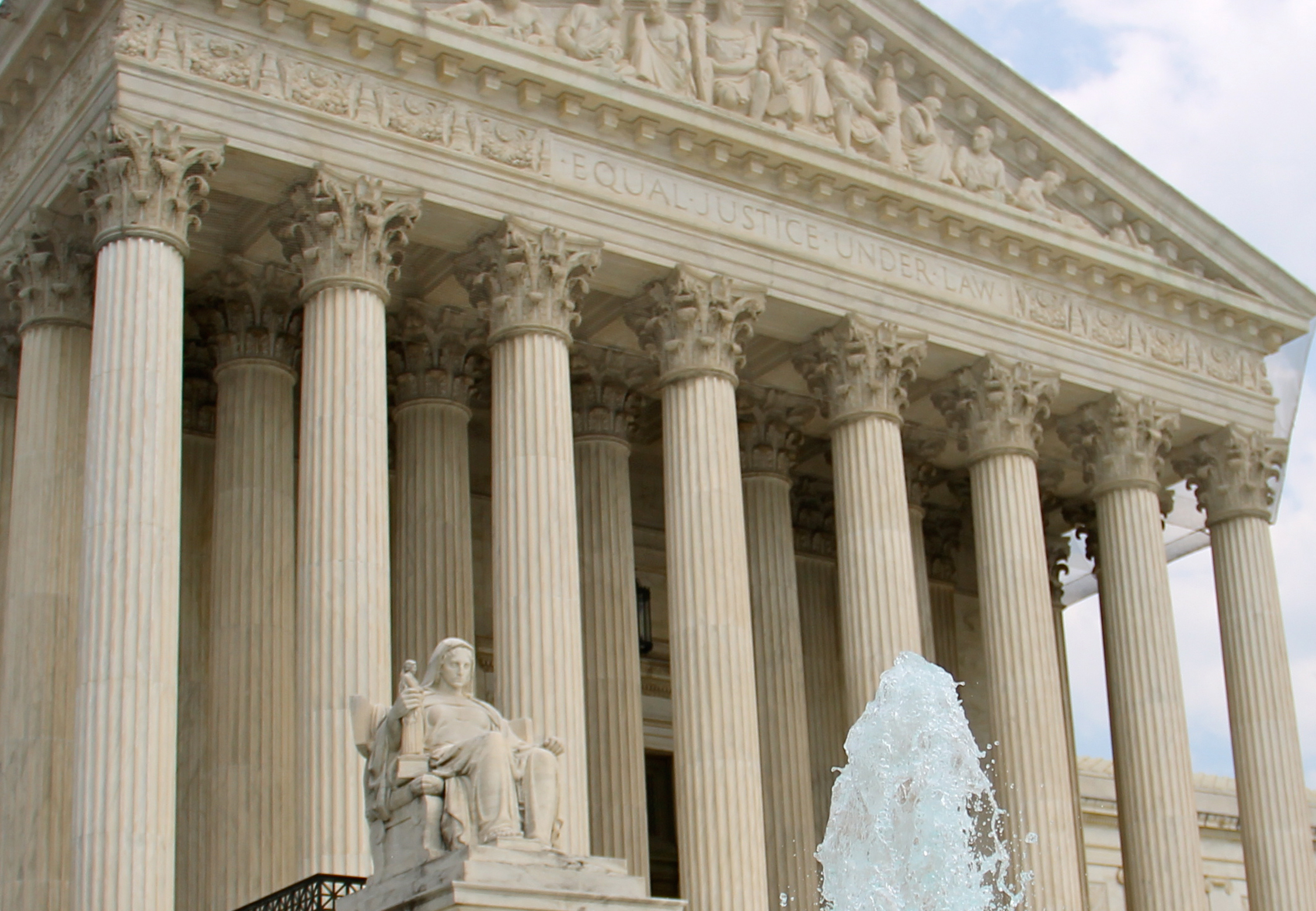Supremes Raise Red Flags on Pre-emption

The smarter way to stay on top of broadcasting and cable industry. Sign up below
You are now subscribed
Your newsletter sign-up was successful
The U.S. Supreme court has declined to overturn two lower court rulings that Minnesota was preempted from regulating Charter Communications’s interconnected voice-over-internet protocol telephone service because the courts were convinced the operator had made the case for why it was an information service, not a telecommunications service, even though the FCC has yet to classify interconnected VoIP either way.
That sounds like it would buttress the FCC’s assertion it can pre-empt state efforts to reregulate internet access, which the agency has definitely classified as an information service. But there was an accompanying concurring statement from two of the justices, and a recusal by the chief justice, that suggest the agency’s case for pre-emption could be dicey if it reaches the High Court.
Concurring with the denial, Justice Clarence Thomas wrote, with Neil Gorsuch joining, that “it is doubtful whether a federal policy — let alone a policy of nonregulation — is ‘Law’ for purposes of the Supremacy Clause,” under which federal law supersedes conflicting state laws.
The concurring justices said allowing “nonregulation” to trump state efforts “expands the power of both the Executive and the Judiciary” and “authorizes the executive to make ’Law’ by declining to act, and the courts to conduct ‘a freewheeling judicial inquiry’ into the facts of federal nonregulation, rather than the constitutionally proper ‘inquiry into whether the ordinary meanings of state and federal law conflict.’ ” They concurred because the appeal did not clearly challenge the underlying basis of the pre-emption theory.
If the FCC does challenge the D.C. Circuit’s ruling that the agency’s pre-emption of state efforts to reregulate broadband was overbroad, look for opponents to attack that underlying theory. Attorney Andrew Schwartzman, who argues against the FCC’s pre-emption assertion, warned the concurrence had no precedential value and was only from two justices. But he said it does show the potential difficulties the FCC could run into trying to pre-empt on the basis of “nonregulation.”
The smarter way to stay on top of broadcasting and cable industry. Sign up below
Contributing editor John Eggerton has been an editor and/or writer on media regulation, legislation and policy for over four decades, including covering the FCC, FTC, Congress, the major media trade associations, and the federal courts. In addition to Multichannel News and Broadcasting + Cable, his work has appeared in Radio World, TV Technology, TV Fax, This Week in Consumer Electronics, Variety and the Encyclopedia Britannica.

